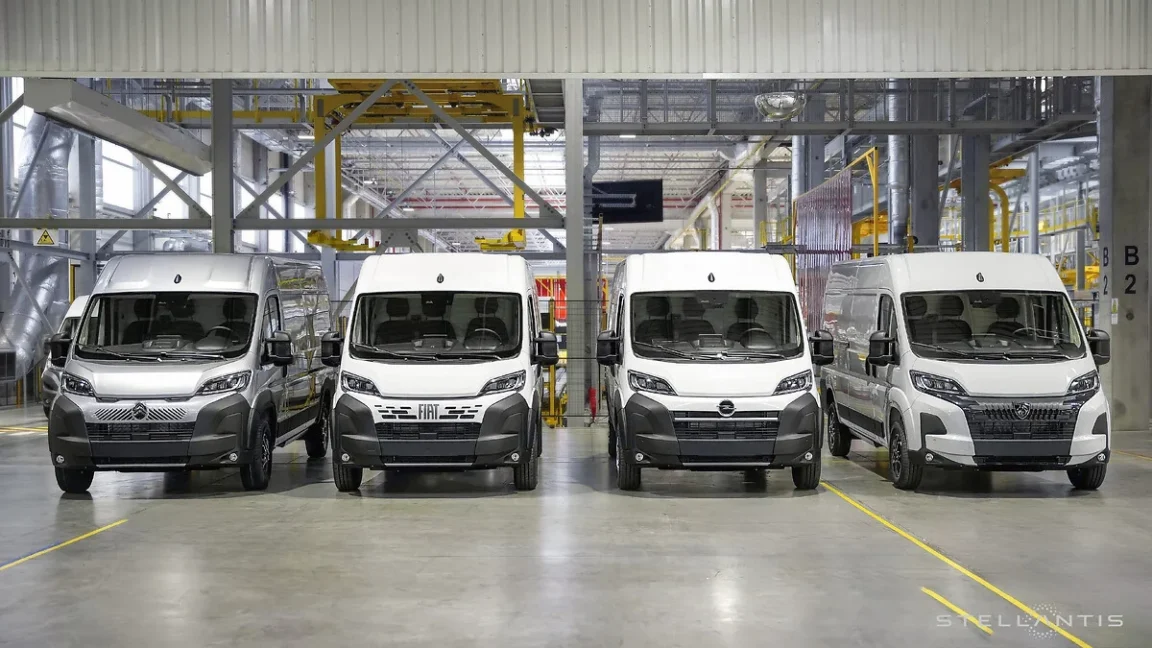- cross-posted to:
- hardware@lemmy.world
- cross-posted to:
- hardware@lemmy.world
To paraphrase Mean Girls, “stop trying to make hydrogen happen.”
For some years now, detractors of battery electric vehicles have held up hydrogen as a clean fuel panacea. That sometimes refers to hydrogen combustion engines, but more often, it’s hydrogen fuel cell electric vehicles, or FCEVs. Both promise motoring with only water emitted from the vehicles’ exhausts. It’s just that hydrogen actually kinda sucks as a fuel, and automaker Stellantis announced today that it is ending the development of its light-, medium- and heavy-duty FCEVs, which were meant to go into production later this year.
Hydrogen’s main selling point is that it’s faster to fill a tank with the stuff than it is to recharge a lithium-ion battery. So it’s a seductive alternative that suggests a driver can keep all the convenience of their gasoline engine with none of the climate change-causing side effects.
But in reality, that’s pretty far from true.



Hydrogen does not have to be a byproduct of petroleum production, you can drill just for hydrogen.
Are there even any natural hydrogen deposits on earth?
Every plan for green hydrogen I’ve seen so far relies on splitting water via electrolysis.
Natural hydrogen deposits do exist, but they’ve only been mapped out quite recently and it is still unknown if it can be extracted in a safe and economically viable manner.
Yes! Although it’s a relatively recent discovery. I believe there’s a pilot well operating already.
That’s what’s referred to as “white” hydrogen.
We’ll see.
Once there’s enough hydrogen drilling and hydrogen production no longer depend on fossil fuel, then maybe H2 vehicules will make sense. Or maybe H2 will still be impractical due to other drawbacks.
Meanwhile it make sense to focus on less polluting options.
Oh great, punch more holes through the aquifer that can’t be repaired
Theoretically one can slap a shit ton of solar panels to produce H2 with excess energy. Not very efficient, but still very green.
to date there is zero evidence of meaningful deposits of geological hydrogen. There is definitely hydrogen in the crust, but, so far zero evidence that it accumulates in meaningful amounts in the areas we can currently drill to.
lol my wife literally was the project manager for a hydrogen site in Arizona. No clue where you got your information, but it’s just absolutely incorrect.
The United States Geological Service. Has put out several reports on the topic of geological hydrogen deposits and that was their conclusion in everyone.
A pocket producing an amount is not the same as a significant deposit.
Can you link one? A quick look gave this:
Also it seems to be a good energy storage…for cases where you have irregular energy production. Create hydrogen via electrolysis using the energy surplus from wind, photovoltaic etc.
And if you need the power, you get it back via fuel cells.
I think I saw a documentary about the shetland islands, where they have (or had) a power surplus from wind farms mich grater than they where able to transfer to the main land.
I guess these are the cases which make sense…but creating another supply network to bring the hydrogen fuel everywhere might not be the way to go…